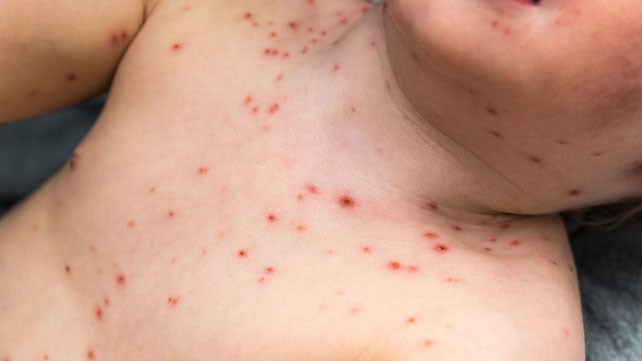
What is it and should we worry ?
Monkeypox is rarely identified outside of Africa, but 92 cases have now been confirmed across Europe, North America and Australia, with a further 28 suspected infections, according to the World Health Organization.
Belgium has reportedly introduced a 21 days quarantine for those who contract monkeypox after four infections were recorded in the country.
The disease, which was first found a in monkeys, can be transmitted from person the person through close physical contact -including sexual intercourse- and is caused buy the monkeypox virus.
What is the symptoms of this sickness ?
It causes fever, body aches, chills and fatigue in most patients, while people with severe cases can develop a rash and lesions on the face, hands and other parts of the body .We know there’s been a period of restrictions across Europe and we don’t know where this infection has come from and how it’s come into Europe.
We are predominantly seeing it in individuals who self-identify as gay or bisexual, or other men who have sex with men.

Which countries outside Africa have reported monkeypox?
- Australia - 1 confirmed, 1 suspected
- Austria -1 suspected
- Belgium - 4 confirmed
- Canada -5 confirmed, a couple of dozen suspected
- France -1 confirmed
- Germany 3 confirmed
- Israel 1 confirmed
- Italy 1 confirmed, 2 suspected
- Netherlands several confirmed cases
- Portugal 23 confirmed
- Spain 30 confirmed and 15 suspected
- Sweden 1 confirmed
- Switzerland 1 confirmed
- UK 20 confirmed
- US 1 confirmed, 1 suspected
A chief medical adviser at the UKHSA, said there was no direct vaccine for monkeypox but a form of smallpox vaccine was being used for close contacts of infected people. The infection can be passed on through close contact or contact with clothing or lınens used by a person who has monkeypox.
What happens is, it’s quite an infectious virus, not as infectious or as airborne as covid and things we’re used to like flu, but it can move from person to person.
Monkeypox doesn't spread easily, and most people who become infected develop only mild symptoms, including fever, rash and blister which can clear up without treatment. But the virus can cause more serious illness in those with weakened immune systems, pregnant women and young children.

Leave a Comment